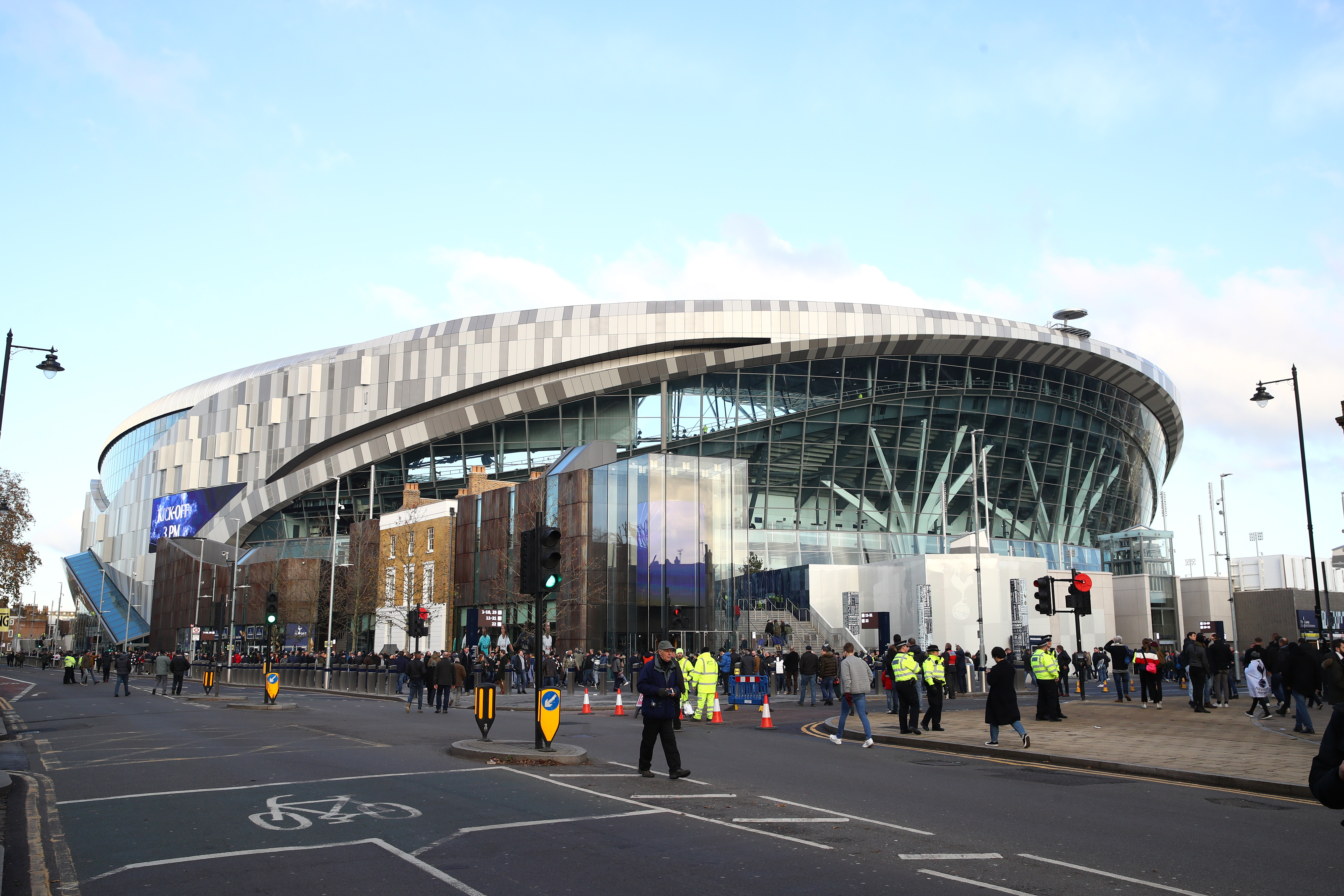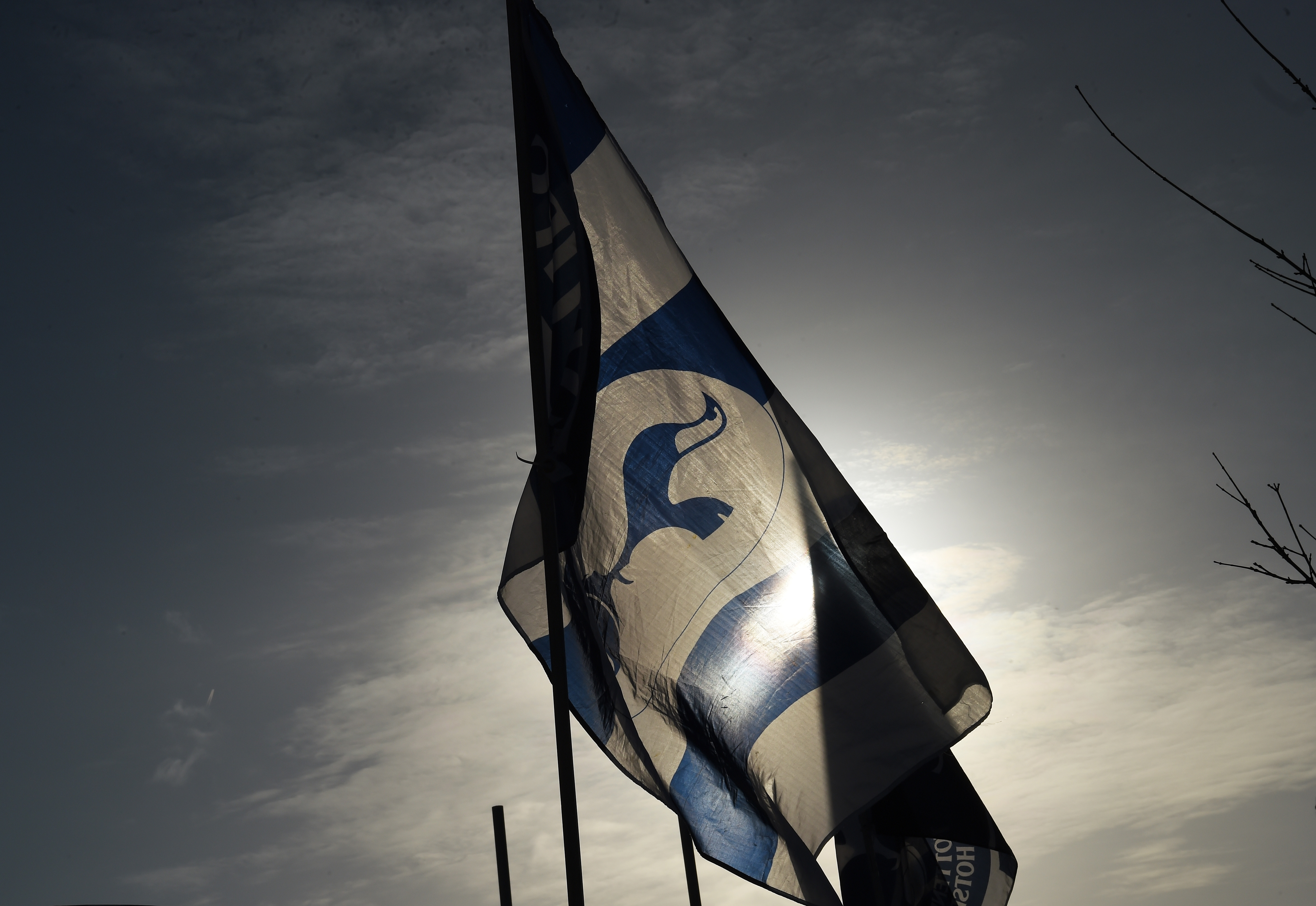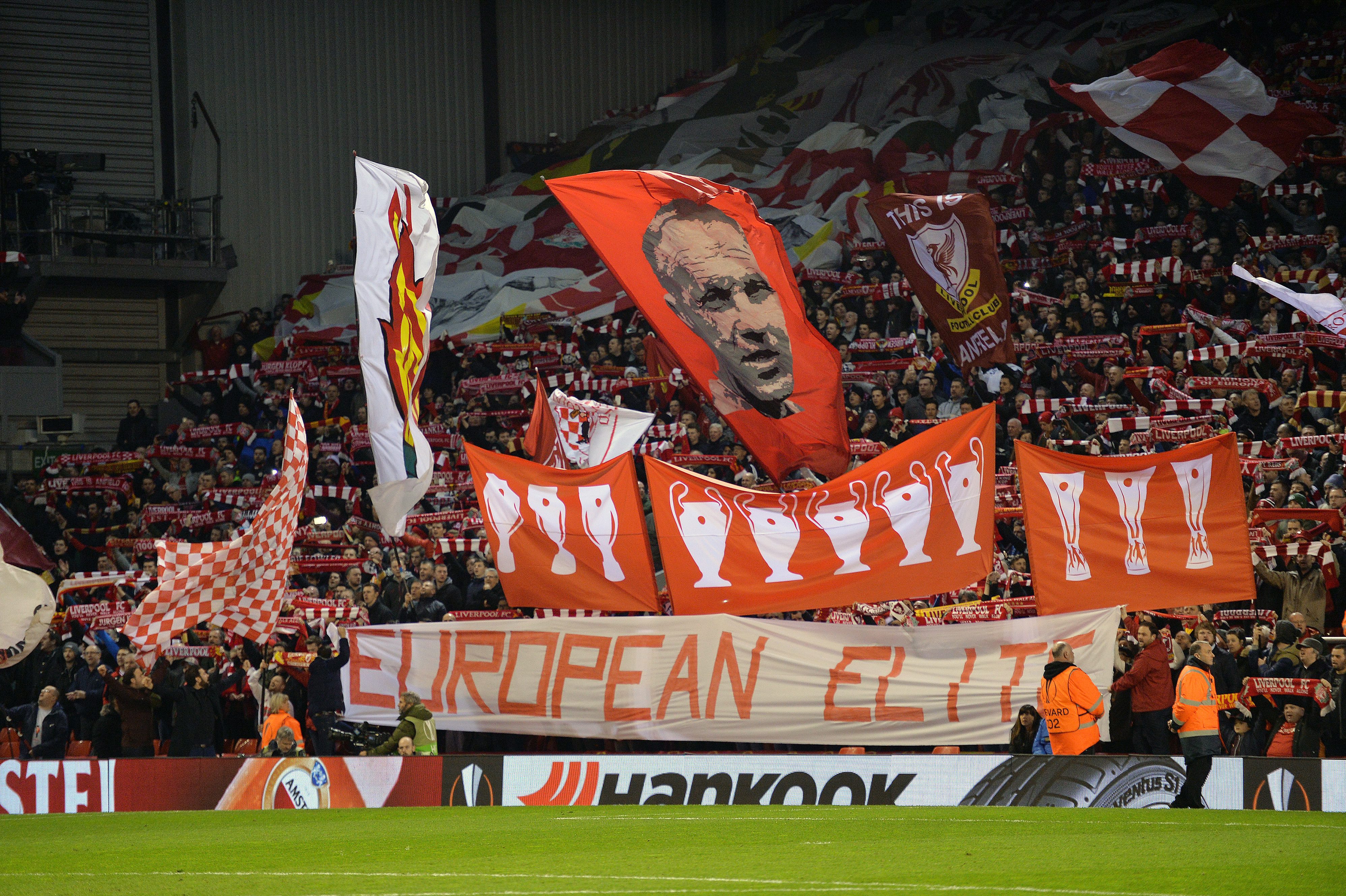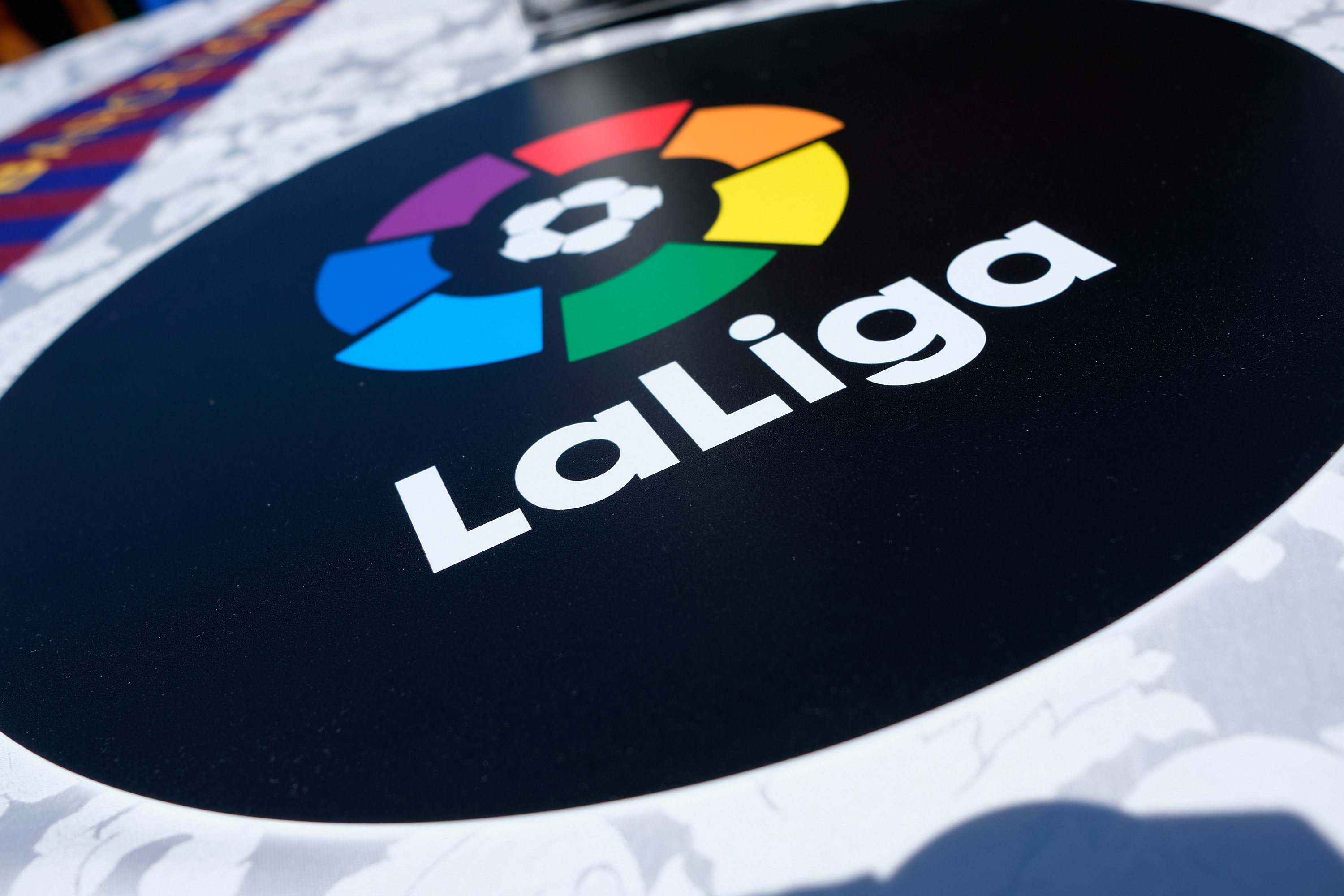New era begins – Domestic dominance (2006-09)
Two seasons of slow rebuilding under the Mancini/Orialli/Branca era got a sudden fillip as many teams in the Italian League found themselves mired in a scandal. This scandal would cause the word ‘Calciopoli’ to soon be added to football infamy.
Inter, however, found themselves untainted by the scandal that was engulfing the rest of the league. Once the verdicts were out, league leaders Juventus were stripped off their last two titles and relegated to Serie-B. Other teams like Milan, Lazio and Fiorentina were given points penalties.
A record breaking season..
The 2006-07 season started on a strange note as Inter found themselves crowned potential champions by default. With the strongest team relegated and Milan starting with an 8-point penalty, Inter were overwhelming favorites to win the Scudetto.
In addition to being relegated, Juventus were forced to sell some of their best players and Inter managed to capture Zlatan Ibrahimovic and Patrick Vieira. The former would go on to make history at the club, in many ways. Fans were looking forward to a dream partnership of Ibrahimovic and Adriano, and Hernan Crespo arrived on loan from Chelsea. However, the season also saw the departure of Juan Sebastian Veron after two seasons at Inter.
Barca’s Zlatan is a shadow of Inter’s Zlatan
Even though Inter started firm favorites, their past failures – especially the one in 2002 – still haunted club fans. After all 8 points was a gap that could, in theory, be surmounted by the Red and Black side of Milan. Inter began the season slowly and by October, stuttered to 18 points from 8 games. Any suggestions of an implosion in their campaign would soon be put to rest.
What followed was a record breaking run of 18 continuous wins (breaking the past record in a Tier-1 league set by Bayern Munich). Inter also set the record for most points scored in a league season and quickest title win. Inter had won the league title with five games to spare, after taking a 16-point lead over Roma at the end of round 33. The only blot was a loss against Roma which ended their hopes of finishing the season unbeaten.
However, Inter’s domestic victory was in a way overshadowed by yet another European conquest by their cross-town rivals.
European misery
The 2006-07 European campaign started disastrously with Inter losing their first two games and then managing to finish 2nd in the group behind Bayern Munich. In the round of 16, Inter took on Valencia. In the first leg at home, in spite of totally dominating the game, Inter could only manage a 2-2 draw. The second leg saw a goalless draw with Valencia progressing on away goals.
The game also saw some shameful behavior by both sets of players, with a mass brawl breaking out at the end of the game. The game demonstrated the mental weakness Inter had, in Europe at least.
End of Mancio’s tenure
The 2007-08 season saw the Serie-A return to normalcy with Juventus making a swift return to top-flight. However, having lost many of their stars, they were still going through a rebuilding phase. Roma and Milan were expected to challenge Inter for the Scudetto crown.
Inter strengthened their squad by acquiring Cristian Chivu from Roma and David Suazo from Cagliari. Domestically, Inter began where they left off and raced to a 11-point lead at the top of the table by the end of round 20. However season-ending injuries to three main defenders (Walter Samuel, Ivan Cordoba and Chivu) saw the lead cut to just one point by the end of the penultimate round.
This set up a tense finale as Inter needed a win at Parma to guarantee the Scudetto. Having been through a similar situation in 2002, it was nerve wracking for Inter fans. At the hour mark, with the score still tied at 0-0 and Roma winning their game, Roberto Mancini brought in Zlatan Ibrahimovic from the bench, and the rest as they say, is history.
However, this would prove to be Mancini’s last game as he paid the price for yet another European failure. The season also saw the stunning decline of Adriano as alcohol destroyed a player rated as the best no. 9 in Europe, just two seasons ago.
Mancini helped Inter back on it’s feet
Inter had again failed to go past the second round in the Champions League, falling to English giants – Liverpool. The aftermath of the loss saw Mancini deciding to quit at the end of the season, before revoking his decision. However it is believed that Moratti had already made his decision to sack Mancini by then.
And like that, Inter ended its association with its most successful manager in 40 years.
The Mourinho Era Begins
It was widely believed that Moratti had decided to sack Mancini at the end of February and contracted Mourinho as the next coach. The Portuguese arrived at the club and surprised everyone with his command over the Italian language including the native Lombardy accent.
The coach decided to approach the Italian game with his trademark 4-3-3 formation consisting of two wingers who would track back to defend. Unlike normal Italian practice, where the director of sport signs players fitting into coach’s philosophy, Jose also got to sign players he wanted. So in came Ricardo Quaresma, Amantino Mancini and Sulley Muntari at a net cost of 45m Euros.
The team initially struggled to adapt to the new formation. Their cause was not helped by the two new wingers who turned out to be the worst signings of the season. The first five games saw Inter put up unconvincing performances as they struggled to beat relative minnows while losing to cross-town rivals Milan.
Mourinho quickly recognized the core of the problem and dumped his formation along with the two wingers. Inter immediately switched back to previous year’s formation and the results improved. They won the league in style finishing 10 points ahead of second placed Juventus.
In Europe however, Inter again struggled to beat opponents who in-theory had a worse team, losing against Panathinaikos and Werder Bremen, before finishing second in the group. The round of 16 saw the team beaten soundly by Manchester United. The repeated failure in Europe led many to question the very rationale of bringing in Jose Mourinho.
But all that was about to change next year.






